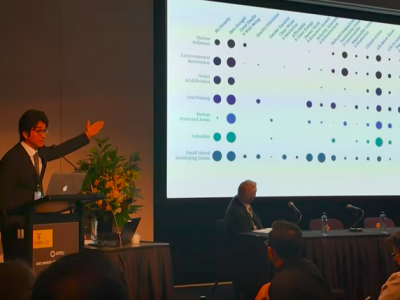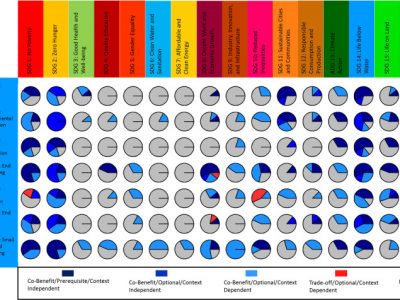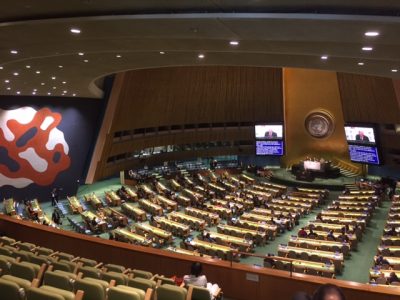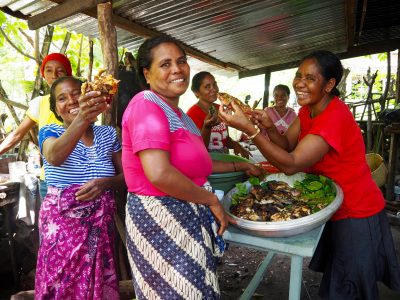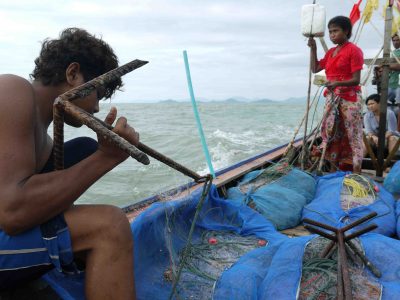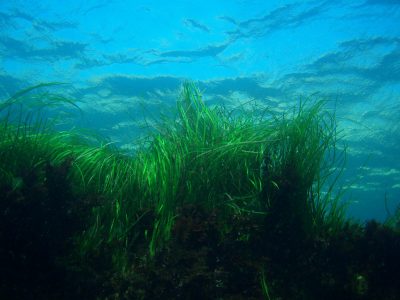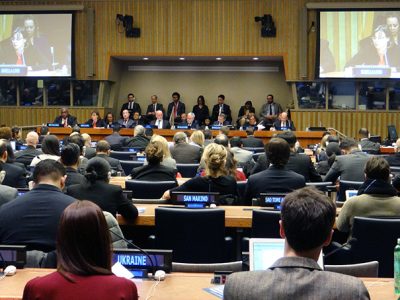Oceans, climate change, and social equity: Association of Pacific Rim Universities Keystone Speech
Nereus Program Director of Policy Yoshi Ota (University of Washington) attended the Association of Pacific Rim Universities’ (APRU) Annual Meeting, where he delivered a keystone speech on the interrelationships between oceans, climate change, and social equity, with an emphasis on their importance in contributing to sustainable development.



